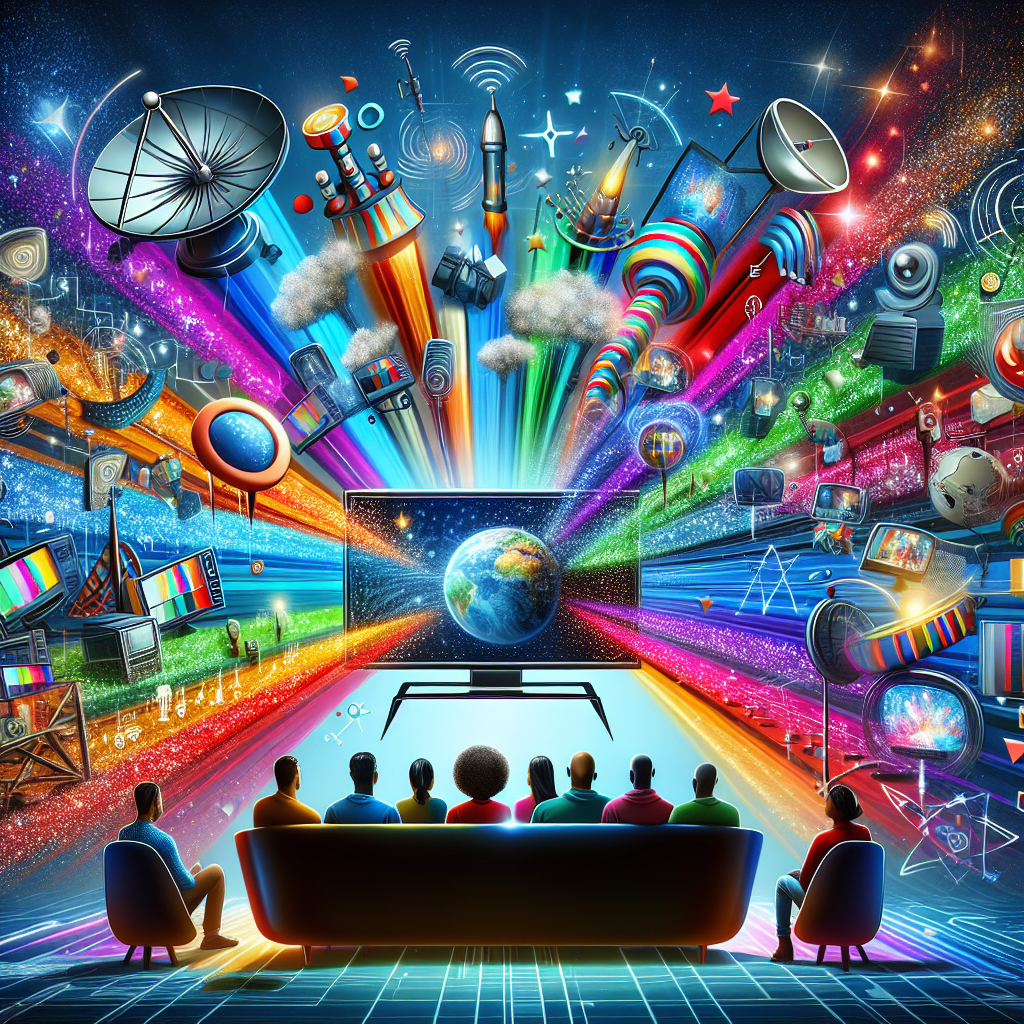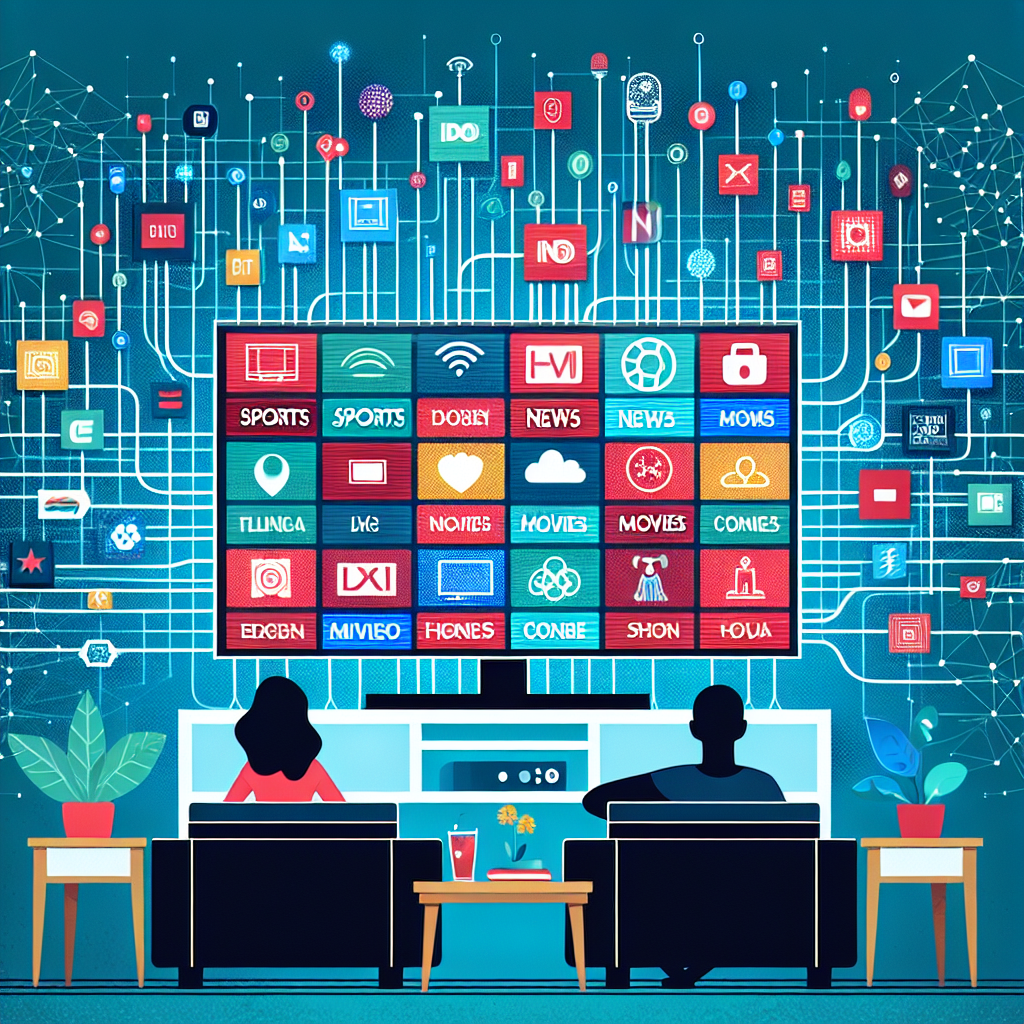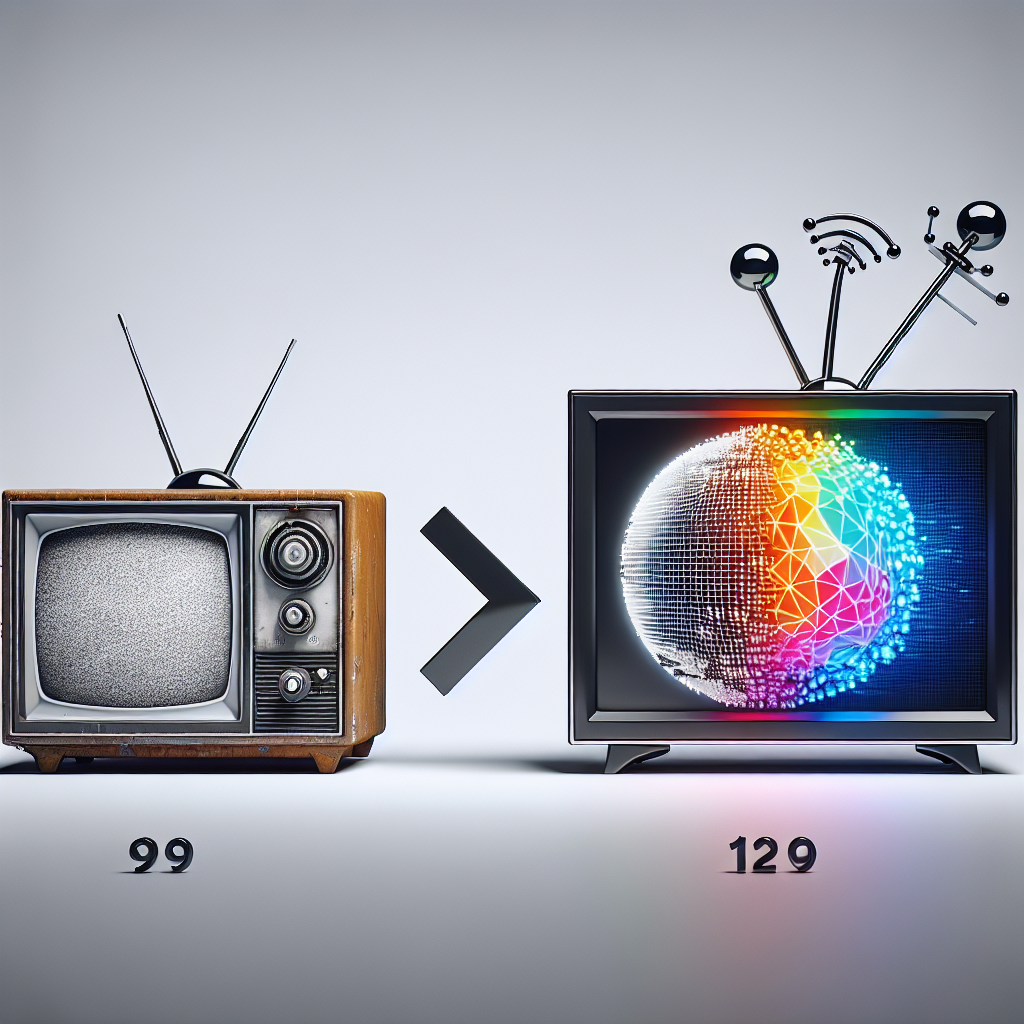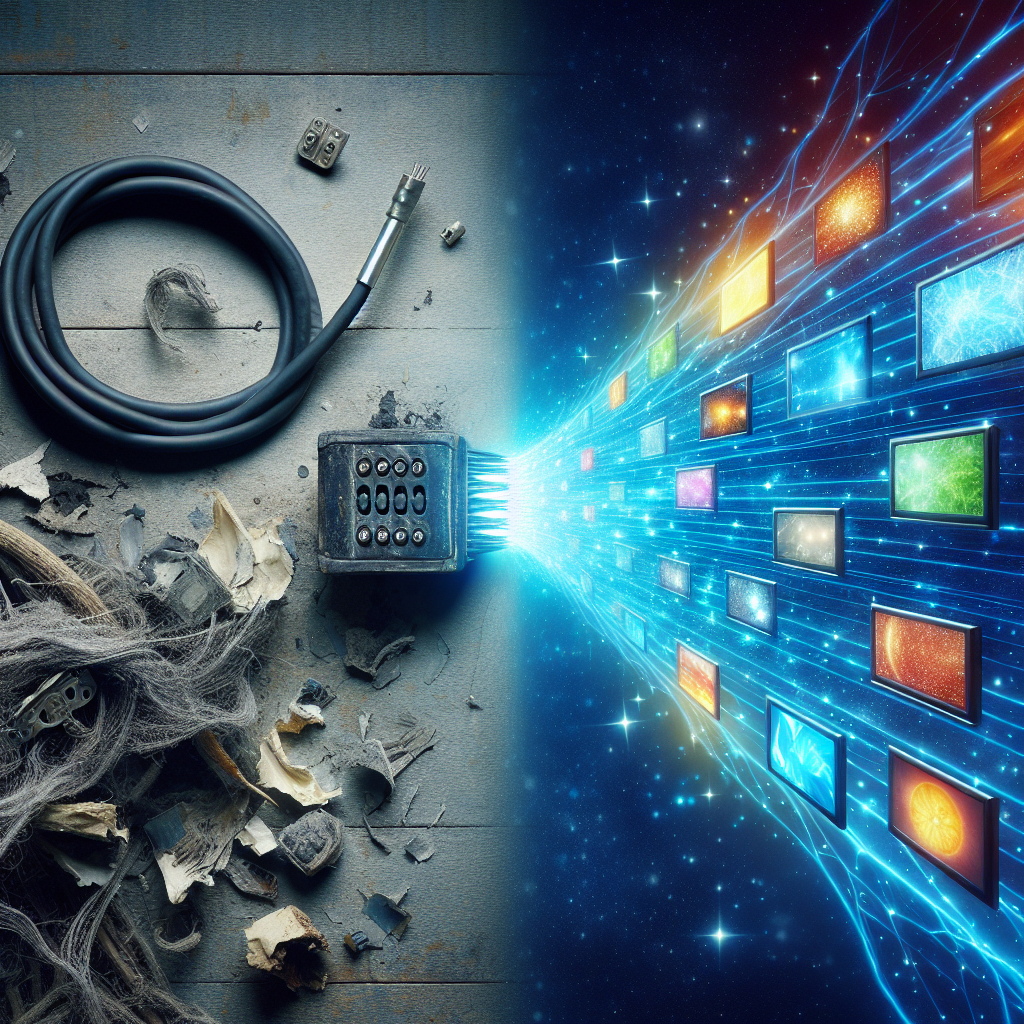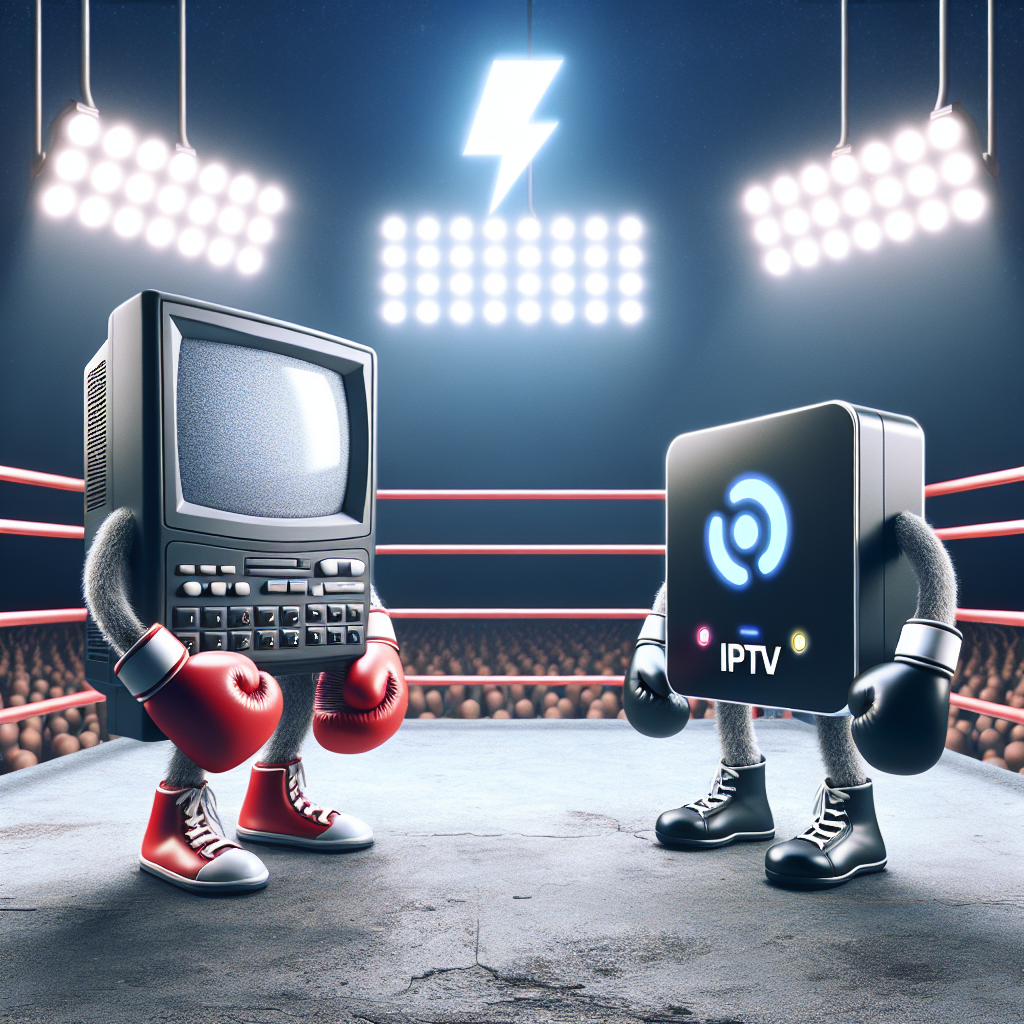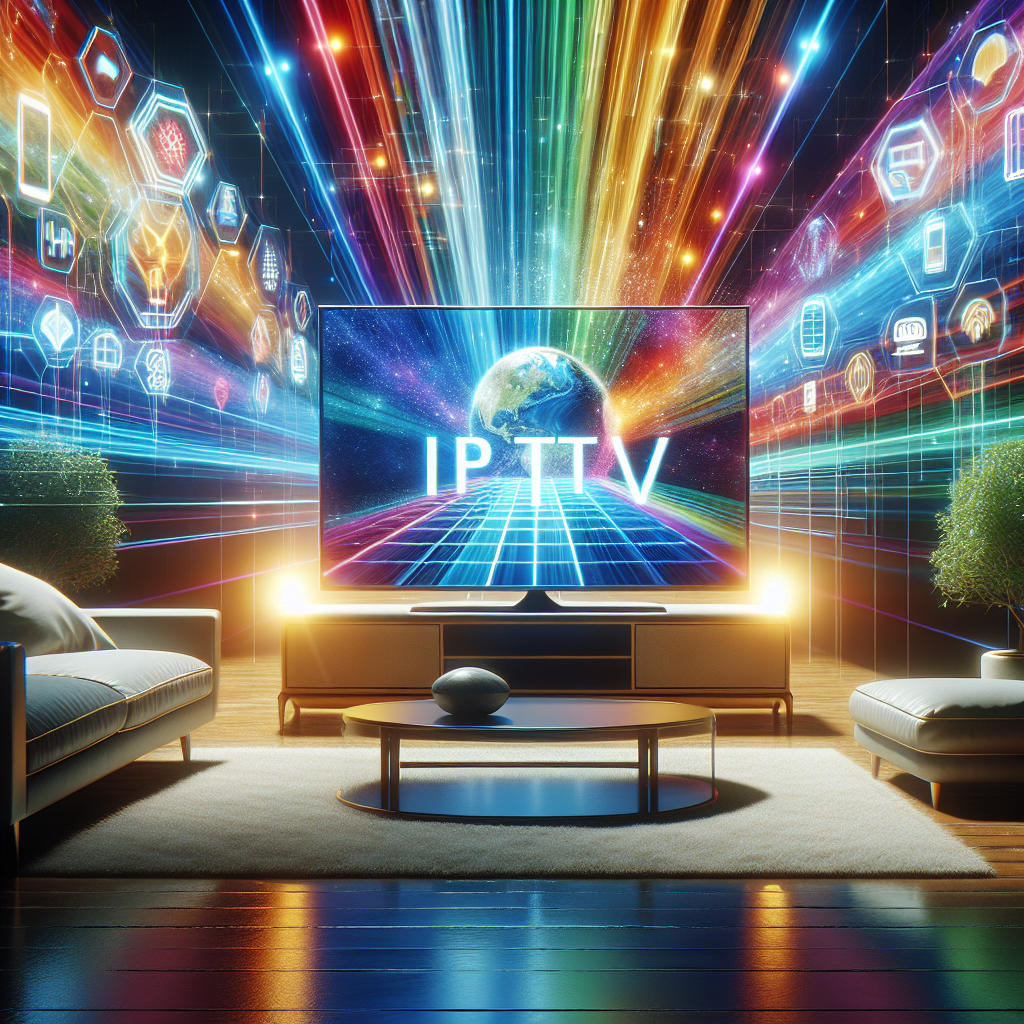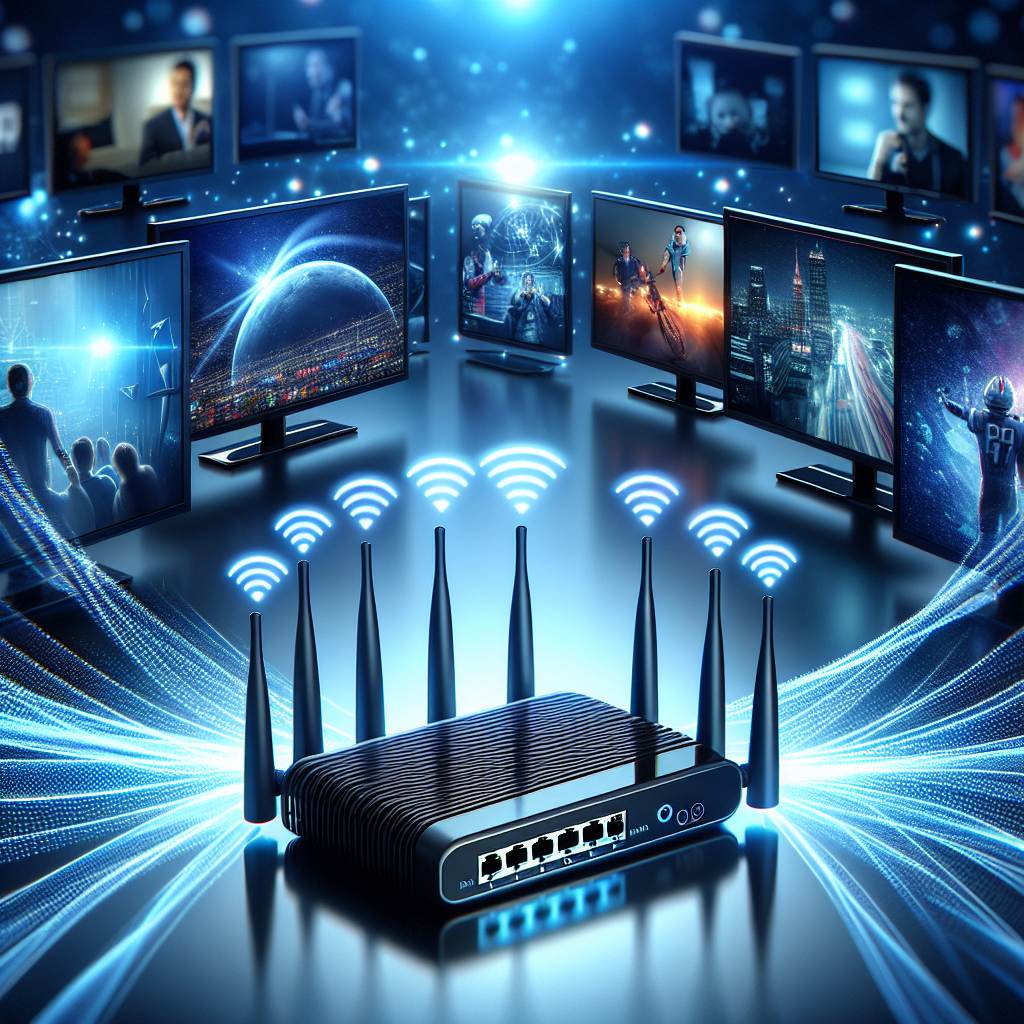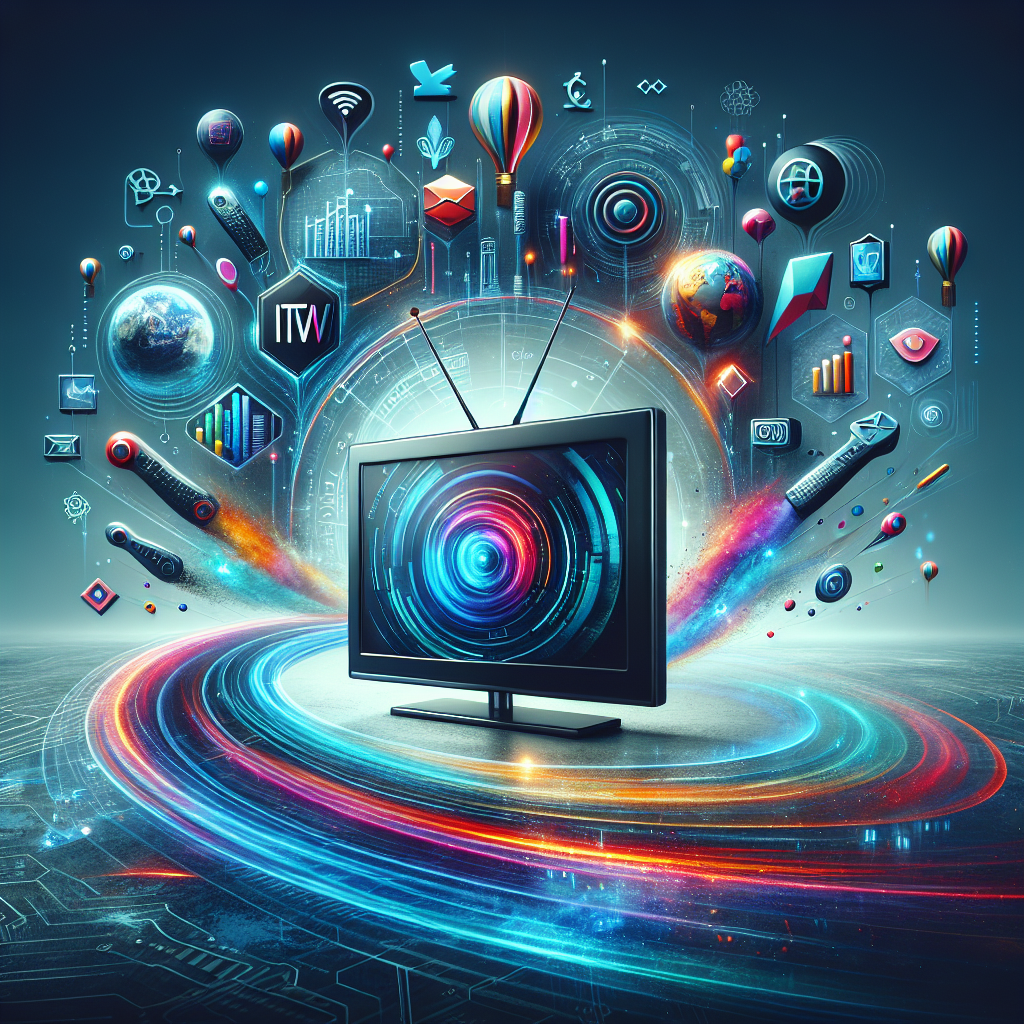Television has come a long way since its inception in the early 20th century. From black and white screens with limited programming options to the explosion of high-definition channels and streaming services, the evolution of television has been nothing short of remarkable. And now, with the rise of Internet Protocol Television (IPTV), the future of television is set to be even more exciting and dynamic.
IPTV is a technology that delivers television services through internet protocol (IP) networks. This means that instead of receiving TV programs through traditional cable or satellite signals, viewers can access content through their internet connection. IPTV offers a more personalized and interactive viewing experience, with features such as on-demand programming, time-shifting, and multi-screen viewing.
One of the key advantages of IPTV is its ability to deliver high-quality content to a wider audience. With the increasing demand for high-definition and 4K content, IPTV providers are able to offer superior picture and sound quality compared to traditional broadcasting methods. This has led to a surge in popularity for IPTV services, with more and more viewers opting to cut the cord and switch to internet-based television.
Another major benefit of IPTV is its flexibility and convenience. Viewers can access their favorite shows and movies from any device with an internet connection, whether it’s a smart TV, smartphone, tablet, or computer. This means that viewers no longer have to be tied to a specific location or schedule in order to watch their favorite programs. IPTV also allows for greater customization and personalization, with viewers able to create their own playlists, set reminders for upcoming shows, and even interact with content in real-time.
The rise of IPTV is also shaping the next generation of entertainment in terms of content creation and distribution. With IPTV, content creators have a direct pathway to reach their audience without the need for traditional broadcast networks or distribution channels. This has led to a proliferation of niche and independent content, as well as the rise of live streaming and user-generated content platforms.
Overall, the future of television is looking bright thanks to the advancements in IPTV technology. With its superior picture and sound quality, flexibility and convenience, and opportunities for content creators, IPTV is revolutionizing the way we consume and interact with television. As we move forward into the digital age, IPTV is set to play a central role in shaping the next generation of entertainment.
